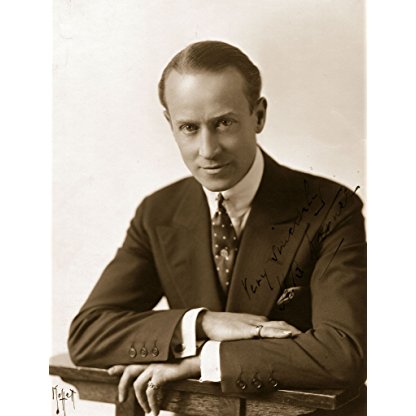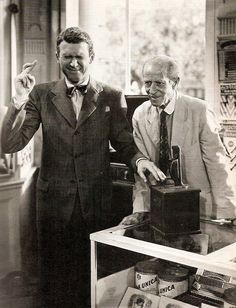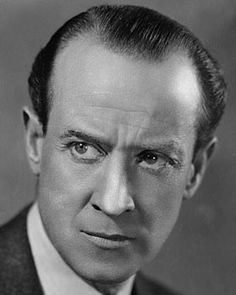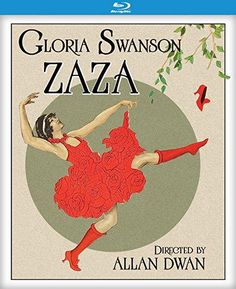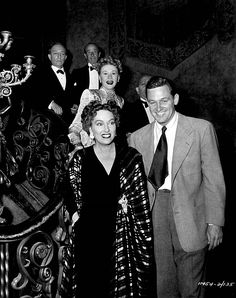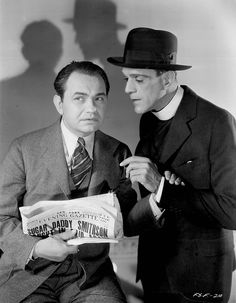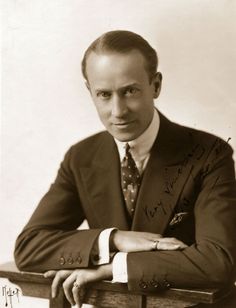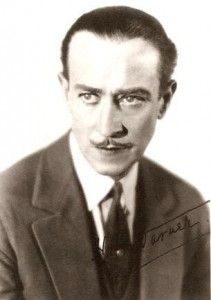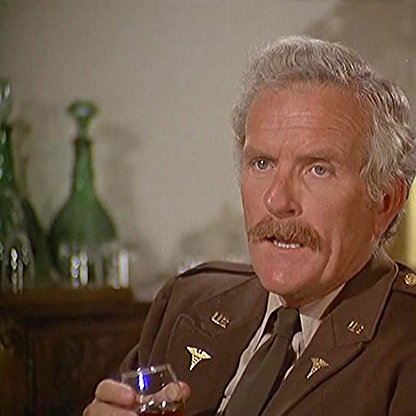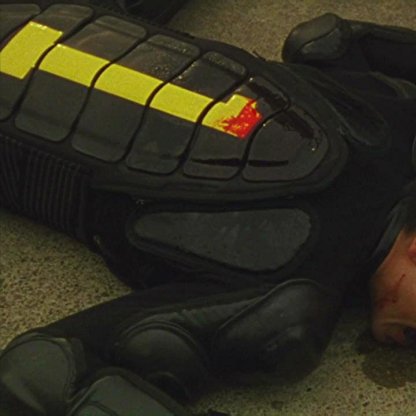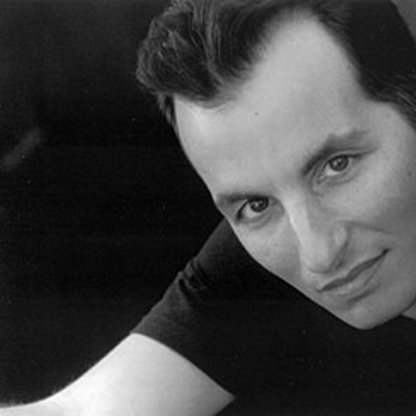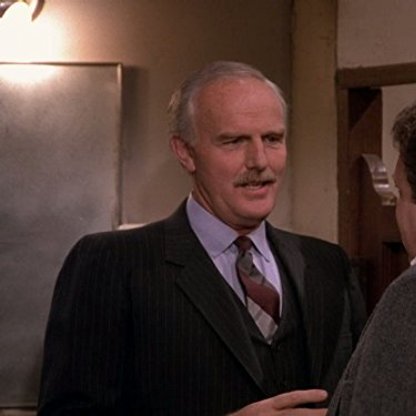H. B. Warner began his film career in silent films in 1914, when he debuted in The Lost Paradise. He played lead roles in the silent era and also appeared in numerous Broadway plays. His greatest success was the role of Jesus Christ in Cecil B. DeMille's silent film epic The King of Kings in 1927. He received good reviews for this role, but with the advent of sound era, he turned towards supporting roles, mostly because of his age. He usually was cast in dignified roles in numerous films of the 1930s and 1940s. He played in the 1930 version of Liliom (as the Heavenly Magistrate), in Five Star Final (1931, as Michael Townsend), in Grand Canary (1934, as Dr. Ismay), and the 1935 version of A Tale of Two Cities as Gabelle. He also portrayed the strict judge in Mr. Deeds Goes to Town (1936) with Gary Cooper and Jean Arthur. He appeared in the original 1937 version of Lost Horizon as Chang, for which he was nominated for the Academy Award for Best Supporting Actor.

